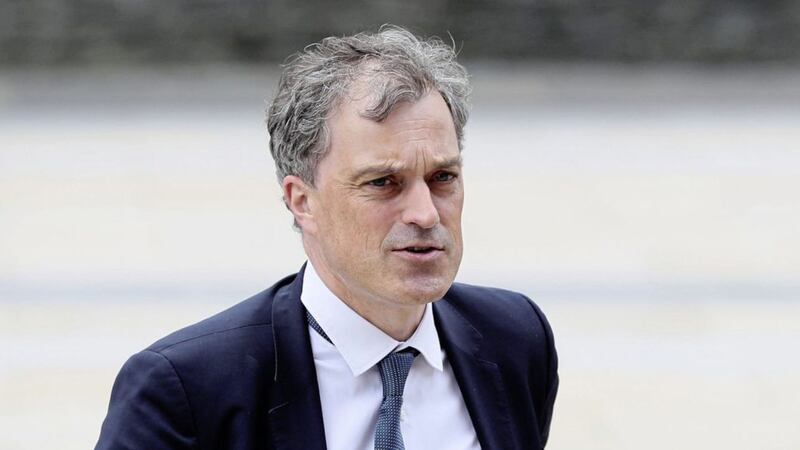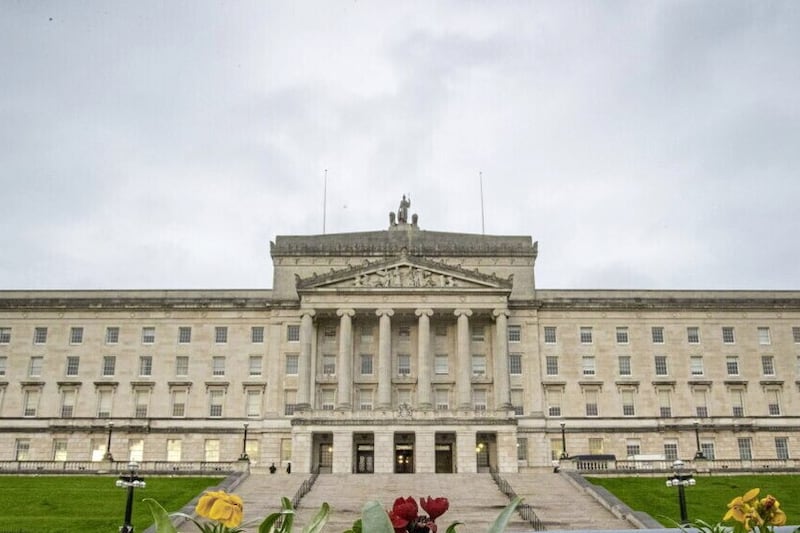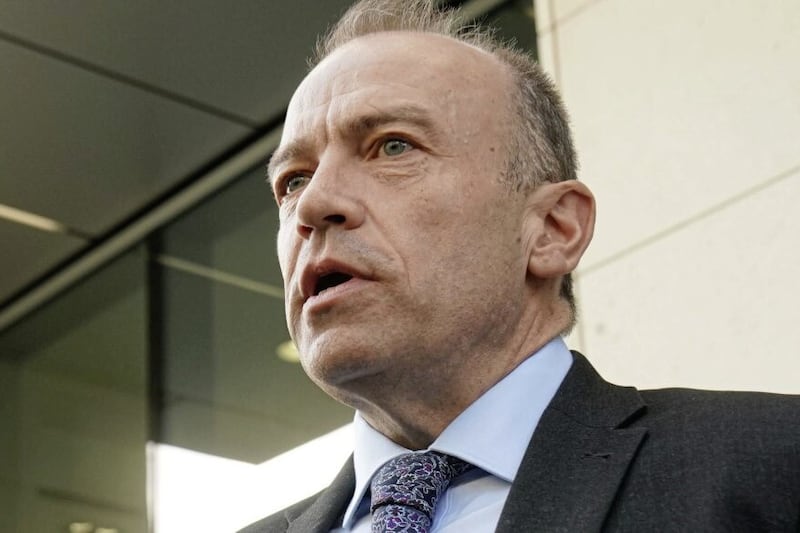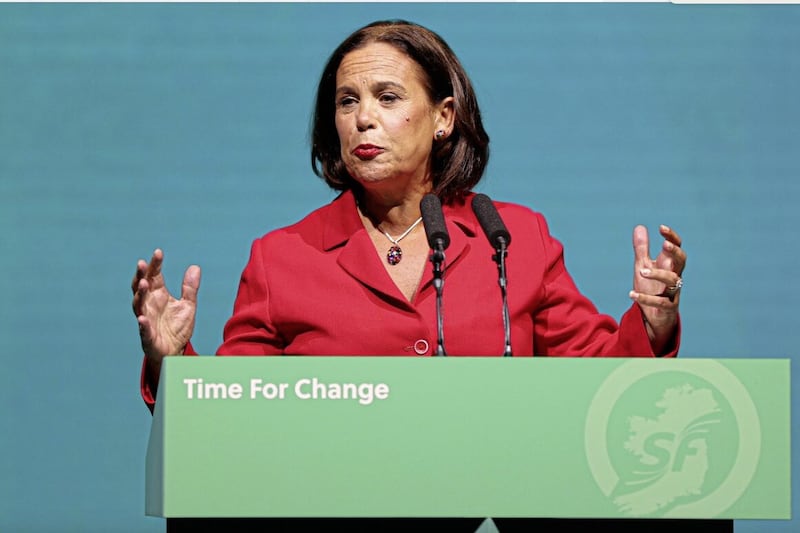The British government will take steps over "decision-making powers" at the "earliest opportunity" if Stormont cannot be restored before an October 31 Brexit, MPs have heard.
Secretary of State Julian Smith signalled action would be taken, although he did not provide specifics, as he appeared in the Commons to answer an urgent question from Labour.
Fears were also raised by Tory former secretary of stsate Karen Bradley about the impact prorogation of parliament may have on victims of historical institutional sexual abuse and people who were disabled in the Troubles, saying they needed redress urgently.
Speaking in the Commons, Mr Smith said: "Throughout the period ahead I will be doing everything I can to support and encourage talks to succeed.
"Democratically elected politicians in Northern Ireland are best-placed to take the decisions needed to support hospitals, schools and the police."
Mr Smith praised the "excellent" work of civil servants in Northern Ireland, adding: "They cannot, of course, take the proactive decisions that are needed on public services or the economy in the run-up to October 31.
Read More: All-Ireland food zone could be set up after Brexit
Michelle O'Neill: British direct rule no alternative to Good Friday Agreement
"If we cannot secure the restoration of an executive we will pursue the decision-making powers that are needed at the earliest opportunity."
Shadow Secretary of State Tony Lloyd warned that senior members of the Northern Ireland civil service are "frustrated by their inability to make decisions".
He added the imminent prorogation of parliament poses "real dangers" in terms of Northern Ireland's governance, and asked when Mr Smith was consulted about the matter.
On the British government's plans to legislate for direct rule in the event of a no-deal Brexit, Mr Lloyd asked: "Does the Secretary of State accept that some form of direct governance, some form of direct accountability, would be necessary in the event of a no-deal Brexit, and can he tell us what steps he's taking?"
Mr Smith replied: "I think I've been very honest with the House - powers are needed, not only to ensure the current situation where civil servants across Northern Ireland are making difficult decisions without political direction, but obviously in the run-up to either a deal or no deal that the very tricky decisions can be made and I'm sure those will have to be made at pace."
On legal advice for prorogation, Mr Smith said: "It's not something I or my department was involved in. That was a matter for the Attorney General."
Ms Bradley expressed concerns about the impact proroguing parliament may have on the people of Northern Ireland.
She said: "Can you ensure that while prorogation is in place, government does not stop working for those that need redress, and by that I mean victims of historical institutional sexual abuse and those that were severely physically and psychologically disabled in the Troubles through no fault of their own?
"They need redress, they need it urgently."
Former Tory minister David Gauke said powers are needed to protect the people of Northern Ireland and the Commons needs to be sitting to legislate for those powers.
He said: "Is it not clear that if this House does not get the legislation through because it is prorogued or dissolved by the end of October that the rights of the people of Northern Ireland will be detrimentally affected?"
Mr Smith said the priority is on getting Stormont up and running.
Mr Lloyd called for a "clear statement" that there will be time to discuss the issues before prorogation so the Secretary of State "has the power to do the things that Northern Ireland needs".
Commons Speaker John Bercow said the concern being expressed on both sides of the House "will have registered very firmly" with Mr Smith.
He said: "About this matter, more must be heard erelong. I think we need to be absolutely crystal clear on that point. Nothing can get in the way of the provision of proper information to this House on this matter."








